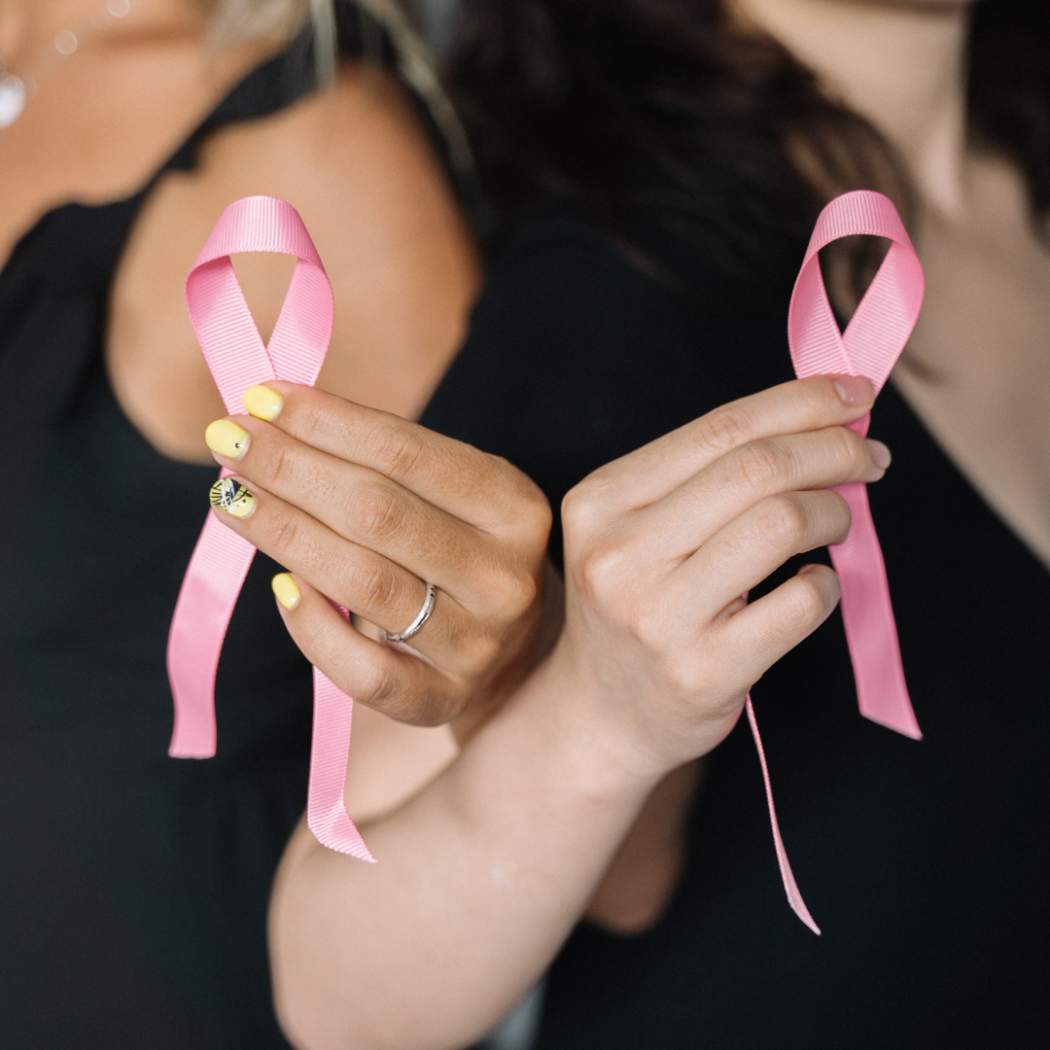 You walk into the doctor’s office and your worst fear comes true: you are diagnosed with the worst thing that comes to mind. Here is the thing, some cancers, although deadly, can be cured if you are diagnosed and treated quick enough.
You walk into the doctor’s office and your worst fear comes true: you are diagnosed with the worst thing that comes to mind. Here is the thing, some cancers, although deadly, can be cured if you are diagnosed and treated quick enough.
Hearing that a loved one was diagnosed with something deadly left a pit in my stomach. We went through the necessary process to help them feel better. They are now cancer-free, but no one told us about the side effect that came after. No one really talks about the 25% of people who are diagnosed with depression after being diagnosed with a terminal illness.
Depression is a silent killer; it is the cancer of your mind. It is the illness we cannot see, but we can feel. We did not even realize it and blamed it on the cancer.
The reason we did not notice that our loved one became depressed was because of the similarities between depression and cancer: change in behavior, low mood, and tiredness. These symptoms caused them to change their whole demeanor, and everything took a turn for the worse.
We wondered, “what could have caused their depression?” It could have been because it reminds them of their mortality, that we are all just flesh and blood. Perhaps the immense stress that this disease causes is too much for the body. Depression, though downplayed, is just as detrimental as cancer.
When you tell people you have cancer, they empathize and call you a survivor or a warrior for fighting bravely against such a terrible disease. When you say you have depression, people call you weak or an attention seeker for having something they cannot see. And although both are deadly when you do not seek help, one comes with recognition and the other comes with shame.
The reason I write this today is because it is Breast Cancer Awareness Month, and to bring awareness to the face that people with both cancer and depression are survivors and warriors, and their stories must be heard.
As a family member of a person with cancer and depression, I would want them to understand that they are not alone. That, although it may seem they are fighting this battle alone, they have an army of people supporting them.
We wear the ribbons in pride and stand beside you because Breast Cancer Awareness Month should also bring awareness of the secret side effect that comes with it.
 Diana Franco-Galindo is a graduate student pursuing the Joint Masters of Social Work Program at UNCG and A&T and has an internship at Sunrise-Amanecer. She was born in a blended Mexican-Guatemalan household straddling three cultures. She is an aspiring mental health clinician focusing on de-stigmatizing mental health and wants to bring awareness to issues surrounding domestic violence.
Diana Franco-Galindo is a graduate student pursuing the Joint Masters of Social Work Program at UNCG and A&T and has an internship at Sunrise-Amanecer. She was born in a blended Mexican-Guatemalan household straddling three cultures. She is an aspiring mental health clinician focusing on de-stigmatizing mental health and wants to bring awareness to issues surrounding domestic violence.

There are no comments
Add yours